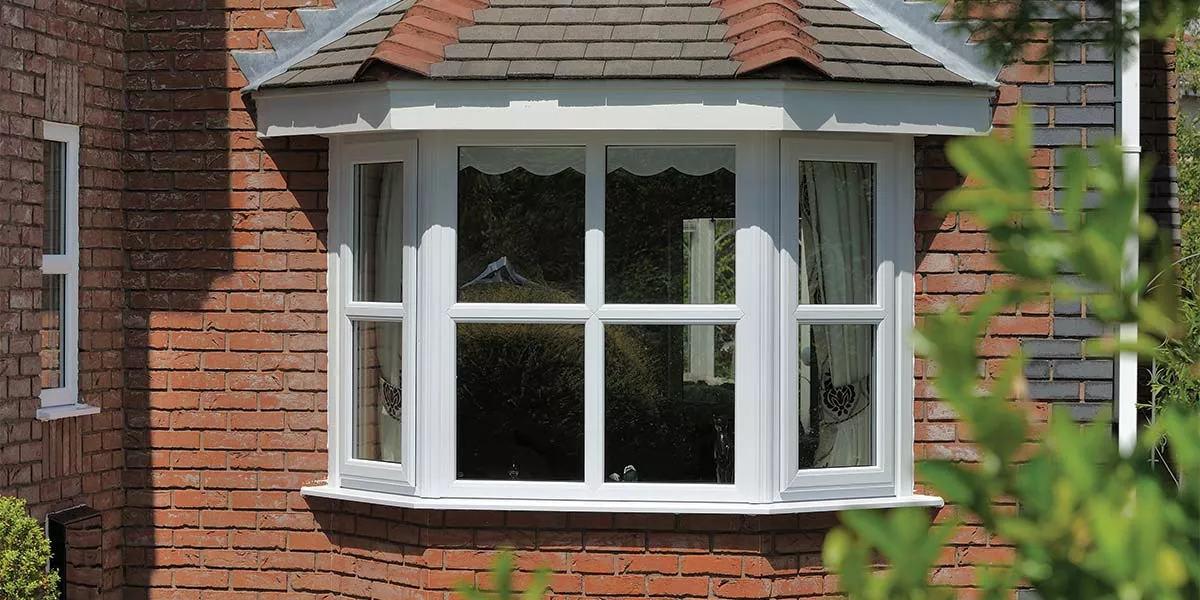Understanding U-Values And Their Importance
Anyone involved in the construction industry will come across the term “U-Value” on a frequent basis but many Kent householders may not be quite so familiar with it.

A U-Value tells you how thermally efficient a product happens to be, so you need to know what a good U-Value actually is and how you should factor in the U-Value of a home improvement solution before buying one. This will help you identify the level of insulation offered in seconds and make a sound investment.
To put it in the very simplest terms, U-Values highlight the insulating qualities of a material – the lower the U-Value, the better it is when it comes to insulation.
Knowing one U-Value from another is extremely useful say for instance if you’re torn between certain products such as a polycarbonate roof and solid roof for a brand new conservatory.
U-Values give you the most accurate way of measuring the insulation offered by an application or material and they’re also mentioned in Building Regulations/Standards. They state that you must achieve a certain U-Value when constructing an extension for the rules to be abided by, so it is essential that you are completely aware of the U-Value of the wall, floor or roof.
The other advantage of a low U-Value
It’s not just excellent thermal efficiency and their ability to shut out the cold that should draw you towards products with low U-Values.
You can also expect to save a fortune on your energy bills as your boiler will come under less strain throughout the year, lowering the cost of household fuel.
Eden knows everything about U-Values
U-Values are something that we are incredibly familiar with. We openly display the U-Values achieved by every single product in our extensive range and can also calculate the overall U-Value of any home extension you propose being built.
Contact us to have a discussion with Eden Windows at home or in our showroom about U-Values.